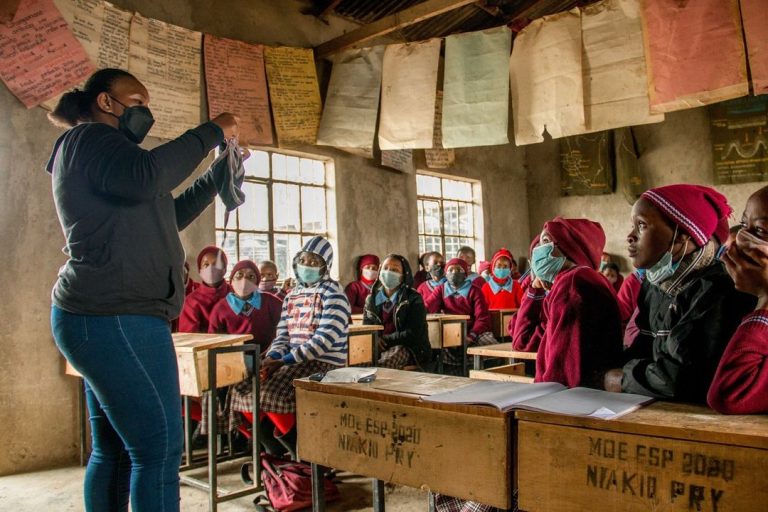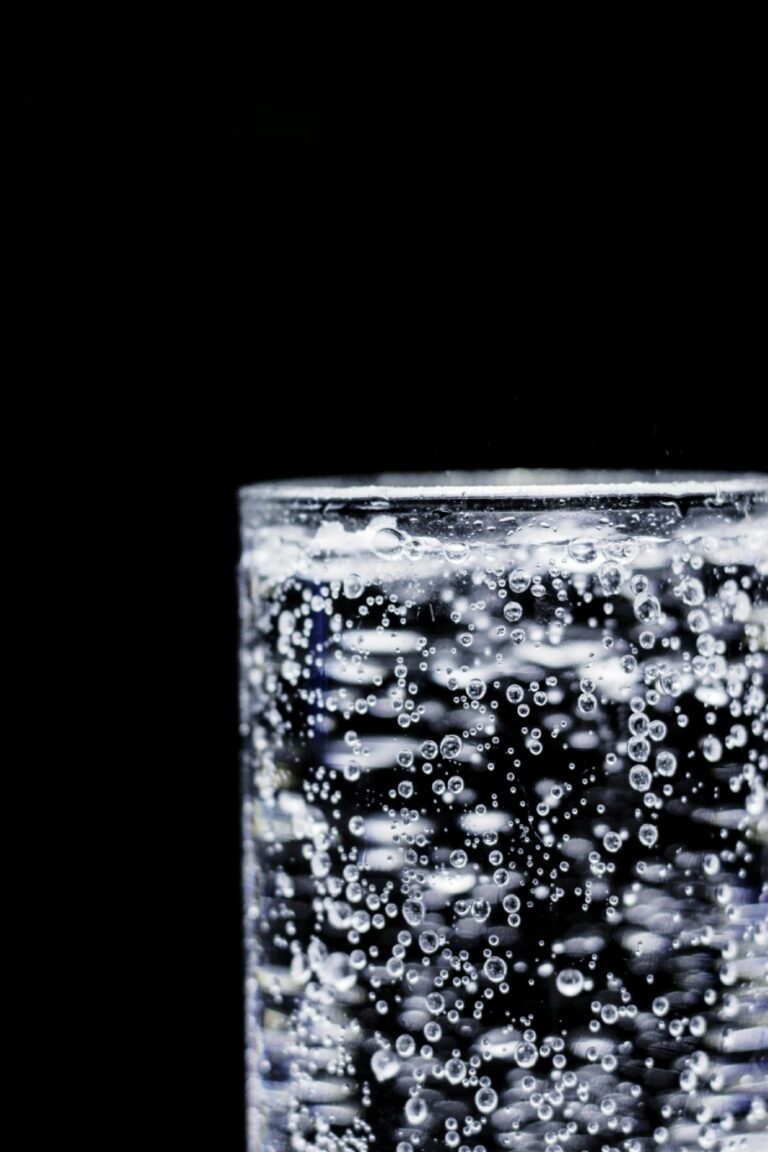Menstrual hygiene is essential to girls and women’s health and well-being. Unfortunately, millions of girls and women worldwide lack access to proper menstrual hygiene facilities and products. World Menstrual Hygiene Day is a global event observed annually on May 28th to raise awareness about the importance of menstrual hygiene and break the silence and stigma surrounding menstruation.

History of International Menstrual Hygiene Day
Established in 2014 by the German-based NGO WASH United, International Menstrual Hygiene Day aims to create a world where every woman and girl can manage her menstruation hygienically, safely, and dignifiedly. Since its inception, this day has grown to include various organizations, governments, and individuals worldwide, all working together to advocate for menstrual hygiene and break taboos.
World Menstrual Hygiene Day 2023 Theme
Each year, a specific theme is chosen for World Menstrual Hygiene Day to focus on different aspects of menstrual hygiene management. The 2023 Menstrual Hygiene Day theme is making menstruation a normal fact of life by 2030. The overarching goal is to build a world where no one is held back because they menstruate by 2030.
This year’s hashtag is #WeAreCommitted
The 2023 Menstrual Hygiene Day theme is making menstruation a normal fact of life by 2030. The overarching goal is to build a world where no one is held back because they menstruate by 2030.
This year’s hashtag is #WeAreCommitted
Menstrual Hygiene Around the World
Menstrual hygiene challenges are not confined to one region or country. Women and girls all over the world face difficulties accessing clean water, sanitation, and affordable menstrual products. Cultural barriers and stigmas further compound these issues, often leading to social exclusion and a lack of education on menstrual health.

Importance of Menstrual Hygiene Education
Empowering girls and women with accurate information about menstruation and menstrual hygiene is crucial in breaking stigmas and taboos surrounding the subject. Education promotes a healthy attitude towards menstruation and enables girls and women to manage their periods with dignity and confidence.
Maji na Ufanisi: Pioneers in Clean Water and Sanitation
Maji na Ufanisi is a Kenyan non-governmental organization that provides clean water, sanitation, and hygiene solutions to low-income communities. As part of their mission, Maji na Ufanisi actively participates in World Menstrual Hygiene Day events and projects, working towards improving menstrual hygiene conditions for girls and women in Kenya.
Padmad: Supporting Girls with Reusable Sanitary Pads
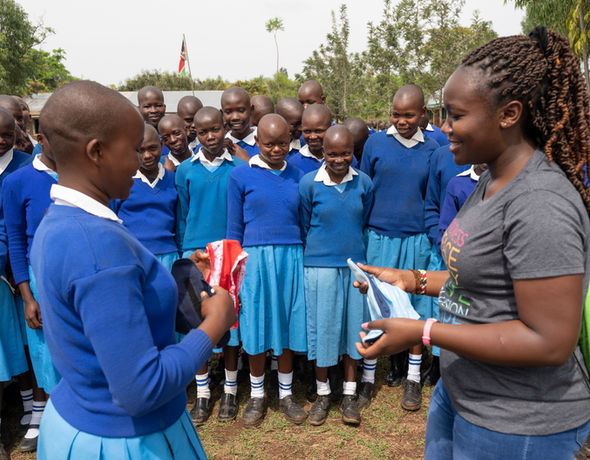
Padmad manufactures reusable sanitary pads that aim to provide affordable and eco-friendly menstrual products to girls and women worldwide.
In collaboration with Padmad, Maji na Ufanisi is working to put a smile on adolescent and school-going girls’ faces during World Menstrual Hygiene Day by providing them with reusable sanitary pads and menstrual hygiene education.
How to Get Involved in World Menstrual Hygiene Day
There are numerous ways to participate in World Menstrual Hygiene Day celebrations and events. You can donate to organizations like Maji na Ufanisi, and raise awareness on social media using the hashtag #MenstrualHygieneDay.
By getting involved, you can create a world where every girl and woman can access the resources and knowledge they need to manage their menstruation safely and with dignity.
Online Resources for Menstrual Hygiene
For more information about menstrual hygiene and World Menstrual Hygiene Day, you can visit the following websites:
Supporting Menstrual Hygiene Initiatives
Identifying trustworthy organizations and ensuring your donations are used effectively when supporting menstrual hygiene initiatives.
Research organizations like Maji na Ufanisi, read reviews and testimonials and follow their activities on social media to ensure that your contributions make a tangible impact on the lives of girls and women.
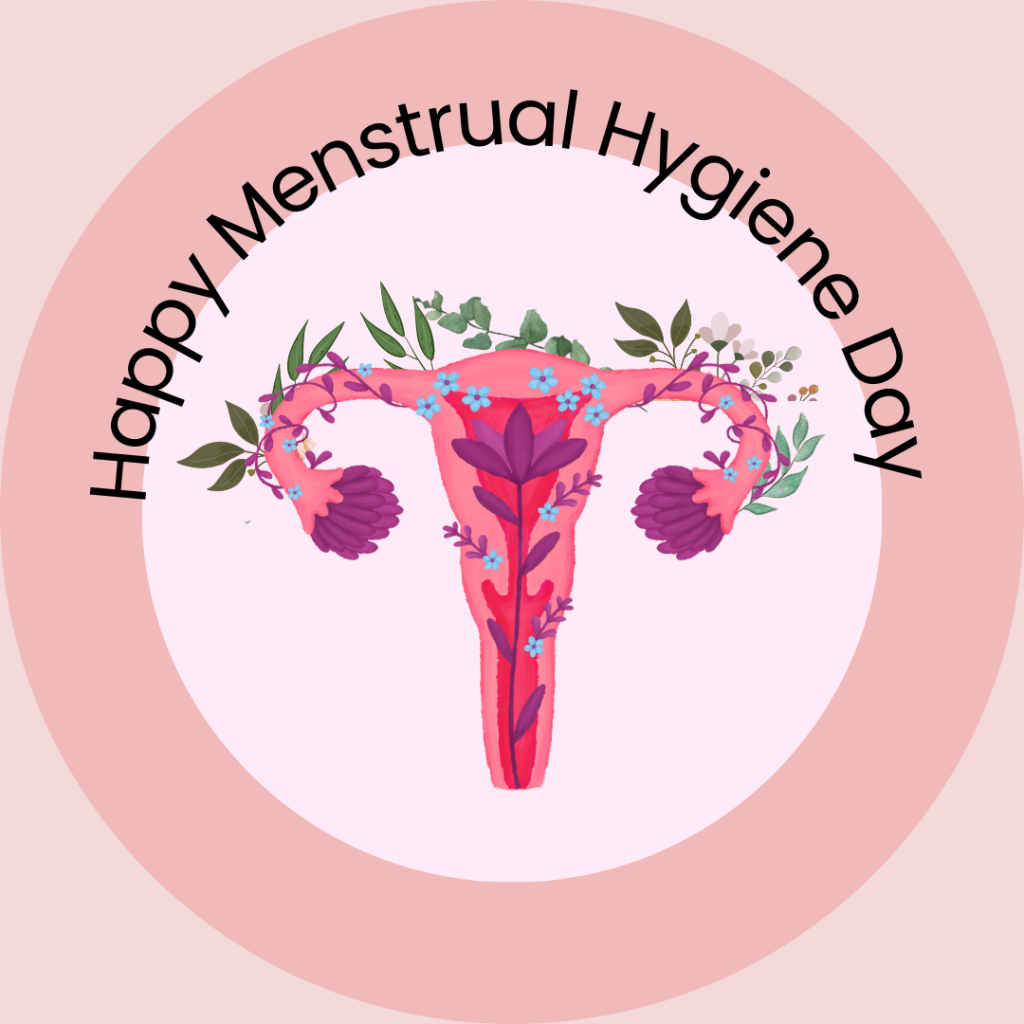
The Power of Emotional Storytelling
Emotional storytelling plays a significant role in raising awareness and garnering support for menstrual hygiene initiatives. Sharing personal experiences, testimonials, and stories of impact can inspire others to take action and contribute to breaking the silence and stigma surrounding menstruation.
Menstrual Hygiene and Environmental Sustainability
Eco-friendly menstrual products, such as reusable sanitary pads and menstrual cups, are becoming increasingly popular as awareness about environmental sustainability grows. By choosing sustainable options, women and girls can minimize waste and contribute to a greener future.
The Future of Menstrual Hygiene
Technological innovations and policy changes are transforming how menstrual hygiene is approached and managed.
As global support for menstrual hygiene initiatives continues to grow, we can expect more advancements in menstrual product designs, access to education and resources, and a cultural shift towards acceptance and understanding.
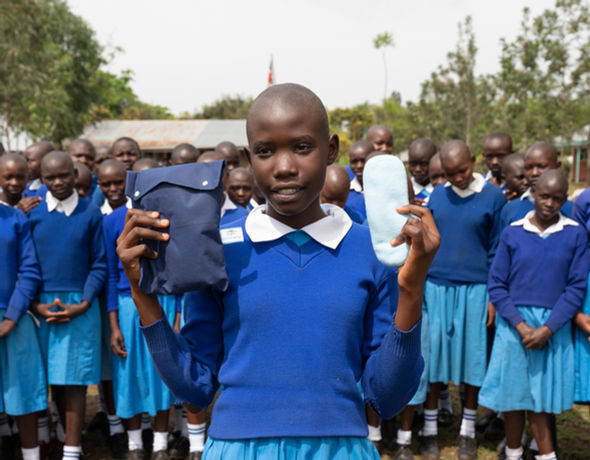
The Impact of Your Donation
Your donation to support menstrual hygiene initiatives can make a significant difference in the lives of girls and women. By providing access to clean water, sanitation, affordable menstrual products, and education, you are empowering girls and women to manage their periods with dignity and confidence. Moreover, your support contributes to breaking the stigma surrounding menstruation, promoting gender equality, and ensuring a brighter future for the next generation.
Conclusion
World Menstrual Hygiene Day is a crucial event highlighting the importance of menstrual hygiene management and the challenges girls and women face worldwide.
By supporting organizations like Maji na Ufanisi and Padmad, we can work together to improve menstrual hygiene conditions and provide education and resources to those in need. Let’s continue to raise awareness, break the silence, and advocate for menstrual hygiene, ensuring a better world for future generations.
FAQs
What is World Menstrual Hygiene Day?
World Menstrual Hygiene Day is an annual global event observed on May 28th to raise awareness about the importance of menstrual hygiene and break the silence and stigma surrounding menstruation.
How can I get involved in World Menstrual Hygiene Day?
You can participate in World Menstrual Hygiene Day celebrations and events by donating to organizations like Maji na Ufanisi or raising awareness on social media using the hashtag #MenstrualHygieneDay and #wearecomitted
What is the role of Maji na Ufanisi in promoting menstrual hygiene?
Maji na Ufanisi is a Kenyan NGO dedicated to providing clean water, sanitation, and hygiene solutions to low-income communities. They actively participate in World Menstrual Hygiene Day events and projects, working towards improving menstrual hygiene conditions for girls and women in Kenya.
How does Padmad support girls with reusable sanitary pads?
Padmad is a manufacturer of reusable sanitary pads that provides affordable and eco-friendly menstrual products to girls and women worldwide. In collaboration with Padmad, Maji na Ufanisi provides reusable sanitary pads and menstrual hygiene education to adolescent and school-going girls during World Menstrual Hygiene Day.
What are some online resources for learning more about menstrual hygiene?
Some helpful online resources for menstrual hygiene and World Menstrual Hygiene Day include the Menstrual Hygiene Day website (https://menstrualhygieneday.org/), UNFPA Menstrual Hygiene Day events (https://www.unfpa.org/events/menstrual-hygiene-day), and the World Bank Menstrual Hygiene Management (https://www.worldbank.org/en/news/feature/2018/05/25/menstrual-hygiene-management).

